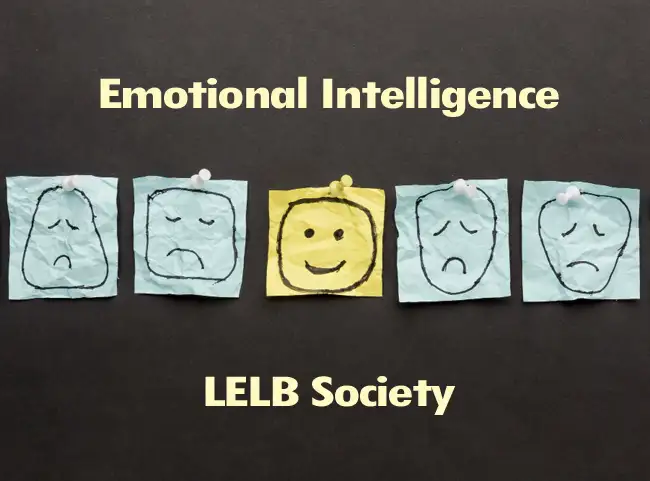To experience and enjoy a better life, you need to know how to enhance emotional intelligence, which is the main objective of this article written and narrated by Dr. Mohammad Hossein Hariri Asl. Watch this video on how to enhance emotional intelligence https://www.youtube.com/watch?v=BygbD9E70ZE Why is emotional intelligence important? Have you ever thought about enhancing your Emotional intelligence? If you don’t have enough knowledge and expertise to do so, don’t worry. Just be seated. Here is the recipe. The word, “EQ” is not the opposite of IQ. Some people are blessed with a lot of both, some with little of either. ...
Home » Reading Practice in English » 5 Best Tips to Enhance Emotional Intelligence with Video

5 Best Tips to Enhance Emotional Intelligence with Video
Updated: by Dr. Mohammad Hossein Hariri Asl
Time to Read: 14 minutes | 441 Views | 6 Comments on 5 Best Tips to Enhance Emotional Intelligence with Video
Share This Post
About the Author
Dr. Mohammad Hossein Hariri Asl is an English and Persian instructor, educator, researcher, inventor, published author, blogger, SEO expert, website developer, entrepreneur, and the creator of LELB Society. He's got a PhD in TEFL (Teaching English as a Foreign Language).
Number of Posts: 4242



in my opinion self motivation is more important than anything else because if you can’t motivate yourself then you won’t reach your goal if you motivate yourself so much then you will get what you wanted and that’s why self motivation is the most important thing
-Rozita
You make a great point about the significance of self-motivation. Indeed, the drive to propel oneself forward is crucial for achieving goals. Regardless of external support or resources, one’s inner drive often determines success. When we cultivate strong self-motivation, we are more likely to overcome obstacles and stay committed to our aspirations, making self-motivation a critical factor in personal and professional growth.
I think emotional intelligence is really important in our life and I think in some situations like when you’re arguing with someone, you may be so angry but if you be able to control yourself by the help of emotional intelligence you could apologize or calmly (Dear D.r Hariri did I write calmly correctly? ) talk to him.
That’s a fantastic comment on the importance of emotional intelligence, particularly while dealing with anger.
Yes, Soroosh. You correctly used the adverb, calmly, in your comment.
Emotional intelligence is truly an important element that helps us achieve greater success in our lives. I’m glad that in recent years, more attention has been paid to it.
That’s right. Compared to mathematical intelligence or IQ, emotional intelligence makes a better precursor of success and happiness in life.